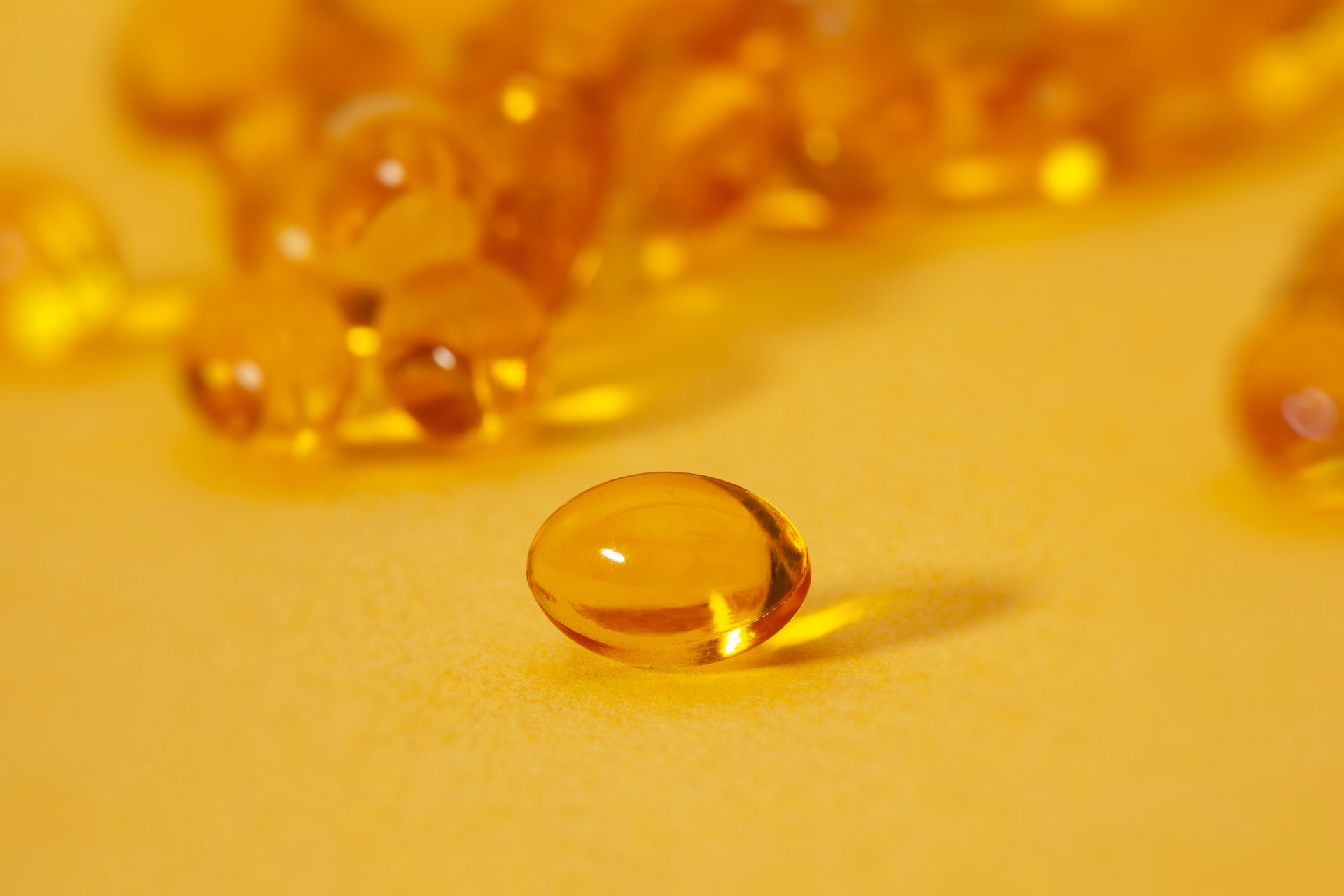
Iron is a vital micronutrient crucial in various physiological processes within the human body. Iron is indispensable for maintaining optimal health from transporting oxygen to supporting energy production.
However, iron deficiency is a common nutritional concern globally, affecting a significant portion of the population. To address this issue, iron supplements have become a popular choice for individuals seeking to boost their iron levels. In this comprehensive exploration, we delve into the various aspects of iron supplements, including their importance, types, benefits, potential side effects, and tips for optimal absorption.
The Importance of Iron
Iron is an essential mineral required for several critical functions in the body. One of its primary roles is as a component of hemoglobin, the protein in red blood cells responsible for transporting oxygen from the lungs to the rest of the body. Iron is also involved in myoglobin production, a protein that facilitates muscle oxygen storage.
Iron is a key player in energy metabolism besides its oxygen-carrying capacity. It is a vital component of enzymes involved in the production of adenosine triphosphate (ATP), the primary energy currency of cells. Iron also supports the immune system, DNA synthesis, and cognitive function.
Types of Iron Supplements
Iron supplements come in various forms, each with unique characteristics and absorption rates. The two main types of iron found in supplements are heme iron and non-heme iron.
-
Heme Iron:
- Sourced from animal products such as meat, poultry, and fish.
- Generally, it is more easily absorbed by the body than non-heme iron.
- Less likely to cause gastrointestinal side effects.
-
Non-Heme Iron:
- Derived from plant-based sources like beans, lentils, and fortified cereals.
- Absorption rates are typically lower than those of heme iron.
- It may be associated with a higher risk of gastrointestinal discomfort and constipation.
Iron supplements are available in various formulations, including ferrous and ferric iron salts, iron chelates, and polysaccharide-iron complexes. The choice of formulation depends on factors such as individual tolerance, iron status, and concurrent medical conditions.
Benefits of Iron Supplements
Iron supplements can offer several health benefits, particularly for individuals with diagnosed iron deficiency or those at risk of developing it. Some notable advantages include:
-
Combatting Iron Deficiency Anemia:
- The most common reason for iron supplementation is to treat or prevent iron deficiency anemia, a condition characterized by insufficient red blood cells due to low iron levels.
-
Boosting Energy Levels:
- Iron is integral to producing ATP, the body’s energy currency. Supplementing with iron can help combat fatigue and enhance overall energy levels.
-
Supporting Cognitive Function:
- Adequate iron levels, including memory and concentration, are crucial for optimal cognitive function. Iron supplements may benefit individuals experiencing cognitive difficulties associated with iron deficiency.
-
Enhancing Athletic Performance:
- Athletes, especially those in endurance sports, may benefit from iron supplementation to optimize oxygen transport and utilization, potentially improving performance.
Potential Side Effects and Considerations
While iron supplements can be highly beneficial, they are not without potential side effects and considerations. Common side effects include gastrointestinal issues such as nausea, constipation, and abdominal discomfort. These side effects are often dose-dependent and can be minimized by starting with lower doses and gradually increasing as tolerated.

It’s important to note that excessive iron intake can lead to iron toxicity, which can be harmful and even life-threatening. Symptoms of iron toxicity include nausea, vomiting, abdominal pain, and in severe cases, organ failure. Therefore, following recommended dosages and consult a healthcare professional before initiating iron supplementation is crucial, especially for individuals with certain medical conditions.
Optimizing Iron Absorption
Iron absorption is a nuanced process influenced by various factors, and individuals can enhance their uptake of this essential micronutrient by incorporating specific strategies into their dietary habits. Here, we delve deeper into these strategies to provide a comprehensive guide for those seeking to optimize iron absorption.
Vitamin C Intake: A Powerful Enhancer
- Increasing vitamin C intake is one of the most effective ways to boost non-heme iron absorption. Vitamin C, also known as ascorbic acid, facilitates the conversion of ferric iron (Fe3+) to ferrous iron (Fe2+), the more absorbable form. This conversion occurs within the intestinal lumen, enhancing the uptake of iron by intestinal cells. Incorporating vitamin C-rich foods or supplements alongside iron-rich meals is a practical and enjoyable way to synergize these nutrients.
- Foods high in vitamin C include citrus fruits (oranges, grapefruits), strawberries, kiwi, bell peppers, and broccoli. Vitamin C supplements can also be a convenient option, especially for those with dietary restrictions or preferences.
Avoiding Inhibitors: Identifying Culprits in Iron Absorption
- While increasing certain nutrients can enhance iron absorption, it’s equally important to be mindful of substances that inhibit this process. Calcium, found in dairy products and supplements, as well as tea and coffee, contains compounds that can interfere with iron absorption.
- Calcium competes with iron for absorption sites in the intestines, reducing the overall uptake of both minerals. Similarly, polyphenols in tea and coffee can form insoluble complexes with iron, hindering its absorption. To maximize iron absorption, it is advisable to refrain from consuming calcium-rich foods or supplements, tea, and coffee around the time of iron-rich meals or supplementation.
Taking Iron with Food: A Buffer Against Side Effects
- While heme iron, prevalent in animal products, is less influenced by the presence of food, non-heme iron supplements can sometimes cause gastrointestinal discomfort. Taking non-heme iron supplements with a small amount of food can serve as a buffer, potentially minimizing these side effects.
- Including a light meal or snack rich in carbohydrates and low in calcium can create an environment that promotes optimal absorption without compromising digestive comfort. This approach is particularly helpful for individuals who may experience nausea or stomach upset when taking iron supplements on an empty stomach.

Spacing Out Calcium Supplements: Managing Micronutrient Timing
- For individuals taking calcium supplements for bone health or other reasons, it’s essential to be mindful of the timing of their intake about iron supplements. Calcium and iron compete for absorption sites, and taking them together can diminish the absorption of both minerals.
- To mitigate this competition, consider spacing out the intake of calcium supplements and iron supplements. For instance, taking calcium supplements in the morning and iron supplements in the evening can help ensure that each nutrient has an optimal chance for absorption without interference.
Final Thoughts
Iron supplements are crucial in addressing and preventing iron deficiency, a widespread nutritional concern with significant health implications. Understanding the different types of iron supplements, their benefits, potential side effects, and strategies for optimal absorption is essential for making informed decisions about supplementation.
Individuals considering iron supplements should consult with a healthcare professional to determine their iron status and identify the most appropriate form and dosage of supplementation. By taking a comprehensive approach to iron supplementation, individuals can pave the way for better overall health and well-being.










